"Kerry, I think John F. Kennedy is a menace to our country, and ought to be assassinated."
"Castro is a white man .I think it would be a shame to fight him, don't you? If there is another war against Communism, I think it should be against an Asian race instead."
"Kerry, I can make you famous, but I'll have to kill five people to do it. Is that all right with you?"
"I'm going to talk to everyone who wants Kennedy assassinated, and then I will go out and do it... After that, I'll feel free to call upon them for favors."
Lee Harvey Oswald
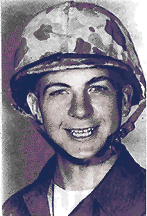 In the spring of 1959 I was stationed at an annex of El Toro Marine Base in California. Another Marine in that unit was Lee Harvey Oswald. We became acquainted.
In the spring of 1959 I was stationed at an annex of El Toro Marine Base in California. Another Marine in that unit was Lee Harvey Oswald. We became acquainted.
Then in June of that year I shipped out for a tour of duty at the Navel Air Station in Atsugi, Japan, where Oswald served previous to our time together at El Toro.
My ambition all along was to become a novelist, and I had decided to write a book based upon my overseas experience in the military. That autumn I read in the newspaper that Lee Oswald had, upon being discharged, gone to Moscow and applied for Soviet citizenship. By then I'd decided to call my novel about peace-time Marines in the Far East The Idle Warriors and Oswald's dramatic act inspired me to center the plot around a character based on him.
Convinced that I understood his reasons for becoming disillusioned with the United States and turning to Marxism, feeling they were similar to my own, I at first intended to write "a poor man's Ugly American" sharply critical of U.S. imperialism characterized by the bungling of the Eisenhower era.
Unfortunately for the clarity of my novel's political theme, my own ideology shifted -- as a result of reading Ayn Rand's polemical novel, Atlas Shrugged aboard ship on my way back to the States. Discharged from the Marines immediately thereafter, I entered civilian life convinced of the efficacy of laissez-faire capitalism.
My young friend, Greg Hill, and I then traveled from our home town of Whittier, California, to the New Orleans French Quarter, where I continued work on the first draft of The Idle Warriors.
There I met the principal character of this work of nonfiction I call Confession to Conspiracy -- a man I am belatedly but firmly persuaded played a central role in organizing the assassination of President John F. Kennedy, for which I am equally certain Lee Harvey Oswald was framed.
During most of my life I have been inclined to reject conspiracy theories of history. Notwithstanding my willingness to admit that conspiracies exist, I felt that a grasp of political events depended upon an understanding of the power of ideas. In my view, conspiracies were insignificant. My tendency was to challenge the motives of conspiracy buffs when I did not, as was more often the case, question their mental health.
Balancing my occasional doubts was a fear of becoming paranoid. When Oswald was accused of assassinating Kennedy, my first hunch was that he was innocent and had been blamed in a misunderstanding that would soon be cleared up. When the media continued to insist there was ample evidence that Oswald, and Oswald alone, shot the President, I quickly changed my mind.
Two years later, when a Warren Report critic confronted me with the many discrepancies between the conclusions of the Warren Commission and the testimony and exhibits contained in the Twenty-six Volumes, I could no longer hide from myself the probability that either Oswald was innocent or he had not acted alone.
Yet even then I did not want to think an elaborate conspiracy was involved. Maybe Lyndon Johnson or some of his Texas friends had arranged to kill Kennedy and perhaps it had not occurred to the Warren Commission to probe that possibility. A more complicated theory would seem paranoid.
Above all else, I did not want to seem paranoid.
One year elapsed between the time I began doubting the lone-assassin theory and the beginning of tribulations in my own life suffered at the hands of a man most journalists insinuated was a paranoid. First, District Attorney Jim Garrison made a bizarre attempt to recruit me as a witness for the prosecution in his probe of a New Orleans-based conspiracy to assassinate John Kennedy. When I expressed my unwillingness to cooperate, he accused me of working for the C.I.A. and summoned me to appear before the grand jury.
After asking me what seemed like a lot of irrelevant questions, he charged me with perjury for denying, truthfully, that I had met with Lee Harvey Oswald in New Orleans during the months previous to the assassination. I had not seen Oswald in person, nor had I communicated with him in any other way, since June of 1959 -- at the latest.


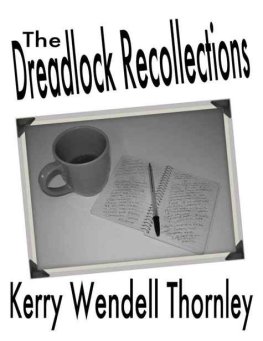


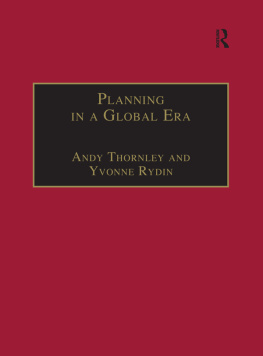
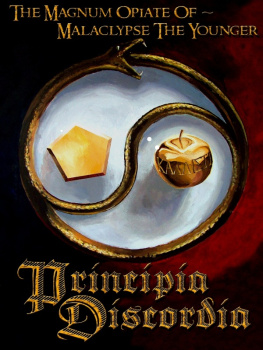
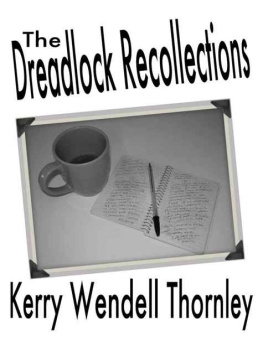

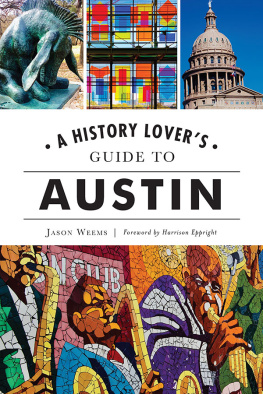
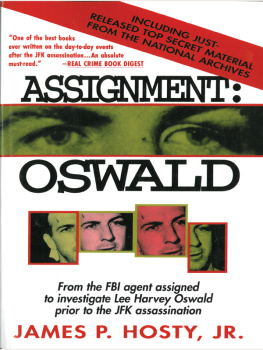
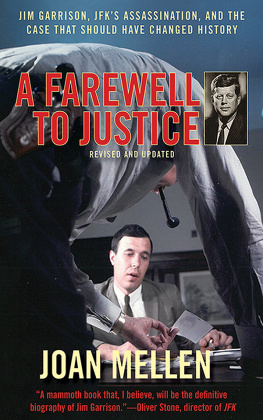
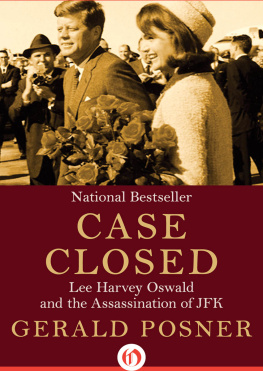
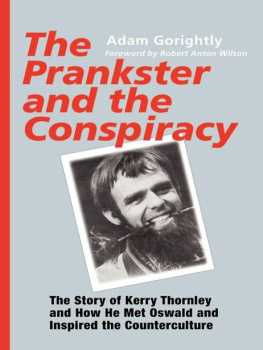
 Kerry Wendell Thornley served in the Marines with Lee Harvey Oswald at El Toro Marine Base in California, in the spring of 1959. By July of that year, Thornley had been transferred to Atsugi, Japan - Oswald's former outfit.
Kerry Wendell Thornley served in the Marines with Lee Harvey Oswald at El Toro Marine Base in California, in the spring of 1959. By July of that year, Thornley had been transferred to Atsugi, Japan - Oswald's former outfit. In the spring of 1959 I was stationed at an annex of El Toro Marine Base in California. Another Marine in that unit was Lee Harvey Oswald. We became acquainted.
In the spring of 1959 I was stationed at an annex of El Toro Marine Base in California. Another Marine in that unit was Lee Harvey Oswald. We became acquainted.